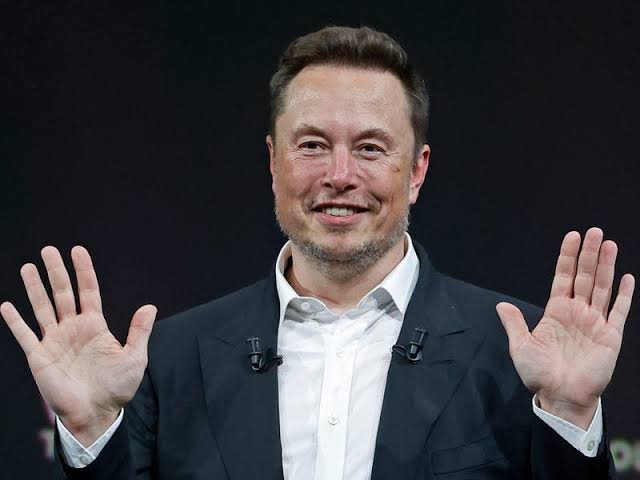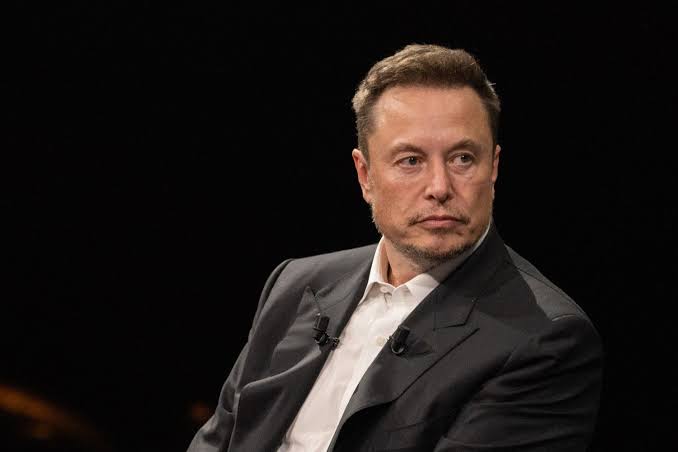
Breaking News: Elon Musk’s election promise of $2 million daily giveaway sparks call for probe…Read more

Critics argue that Musk’s pledge might be seen as a direct attempt to buy votes, blurring the line between campaigning and outright bribery. Election laws in many jurisdictions restrict how funds can be used to sway voters, particularly to prevent wealthier candidates from exerting undue influence over election results. Some political analysts suggest that Musk’s proposal, if left unchecked, could set a dangerous precedent for future campaigns, where financial inducements overshadow policy discussions and qualifications.
Calls for a formal investigation have been gaining traction, with both civic groups and political opponents urging election oversight bodies to examine Musk’s pledge closely. They emphasize that such substantial financial giveaways could undermine the democratic process, shifting focus from issues to incentives. Musk, however, defended his approach, saying it’s merely an innovative way to engage and support voters, especially those who are struggling financially. His supporters argue that this initiative reflects his desire to empower people directly, contrasting it with traditional campaign spending on ads and promotional material.
Legal experts, however, warn that Musk’s plan could face legal challenges. If authorities determine that it violates election laws or constitutes a form of coercion, Musk’s campaign might be required to cease the initiative. Alternatively, new regulations might emerge to address similar situations in the future.
As the campaign season progresses, Musk’s $2 million daily giveaway promise will likely remain a topic of intense debate, testing the boundaries of campaign finance laws. This unprecedented proposal has brought attention to the ethical and legal implications of wealth in politics, raising important questions about fairness, transparency, and the potential impact of financial incentives on democratic processes.
Related
Archives
Calendar
| M | T | W | T | F | S | S |
|---|---|---|---|---|---|---|
| 1 | 2 | 3 | 4 | |||
| 5 | 6 | 7 | 8 | 9 | 10 | 11 |
| 12 | 13 | 14 | 15 | 16 | 17 | 18 |
| 19 | 20 | 21 | 22 | 23 | 24 | 25 |
| 26 | 27 | 28 | 29 | 30 | 31 | |
Categories
- 2024 Australian Open
- 49
- 49ERS
- 49ers vs Lions
- 49ers vs. Chiefs
- 69ERS
- AFL
- AFLW
- American Football
- anonymous
- Arsenal
- Aston Villa
- AUSX 2024
- AUSX OPEN
- Baltimore Ravens
- Baseball
- Basketball
- Billionaires
- blog
- Books
- Boston Celtics
- Boxing
- Brisbane Bronco
- Buffalo Bills
- Canadian Football league
- Car Racing
- Caroline Panthers
- Celtics
- Championship
- Chelsea
- Chess
- Crystal Palace
- Cycling
- Dallas Cowboys
- Dallas Mavericks
- Dirt bike
- Djokovic
- Dodgers
- Dortmund
- Essendon Bombers
- Florida gators
- Football
- Fremantle Dockers
- Fullham
- general
- German Masters
- Giants pride
- Golden State Warriors
- Golf
- Hockey
- Houston Texans
- Indiana Fever
- Indiana Pacers
- Ipswich
- Ipswich Town
- Kansas city chiefs
- KYLE LARSON
- Lakers
- Larry bird
- LIFE STYLE
- LIFESTYLE
- Liverpool
- Los Angeles Dodgers
- Los Angeles Rams
- Mallas Cowboys
- Manchester city
- Manchester United
- Michealan Wolverines
- Michigan wolverine
- Michigan Wolverines
- Milwaukee brewers
- MLB
- MLB Aaron judge
- Motocross
- MotoGP
- Motorcross
- Music
- MXGP
- NASCAR
- NBA
- New England Patriots
- New Orleans pelicans
- Newcastle United
- NFC Championship
- NFL
- NFL Trade
- NHL
- Nottingham Forest
- Oil and Gas
- Olympic
- other
- Other Sports
- OU Softball
- PGA
- Philadelphia Eagles
- Philadelphia Flyers
- Philadelphia Phillies
- Pittsburgh Steelers
- Playoffs
- Racing
- Ravens smith
- Real Madrid
- Rugby
- San Francisco Fiants
- San Francisco Giants
- SEAL Team
- sevila
- Snooker
- Snooker Masters
- Sports
- St. Louis Cardinals
- Super Bowl LVIII
- Superbowl
- Supercross
- Ted Lasso
- Tennis
- TONY STEWART
- Toronto Raptors
- Tottenham Hotspur
- Tour de France
- Transfer News
- Uncategorized
- Video Games
- West ham
- Winnipeg Blue Bombers
- Wrexham
- WWE
Leave a Reply